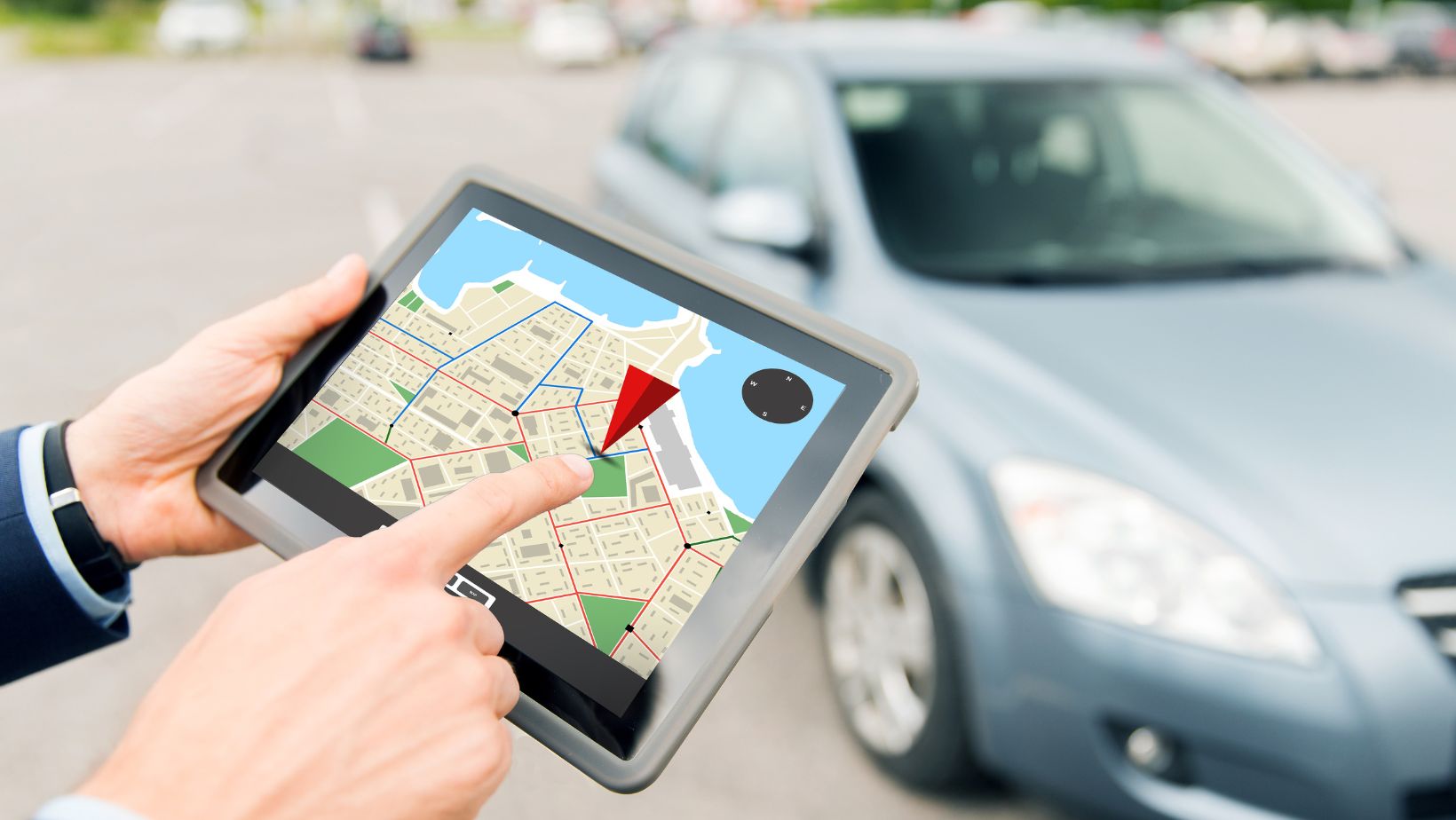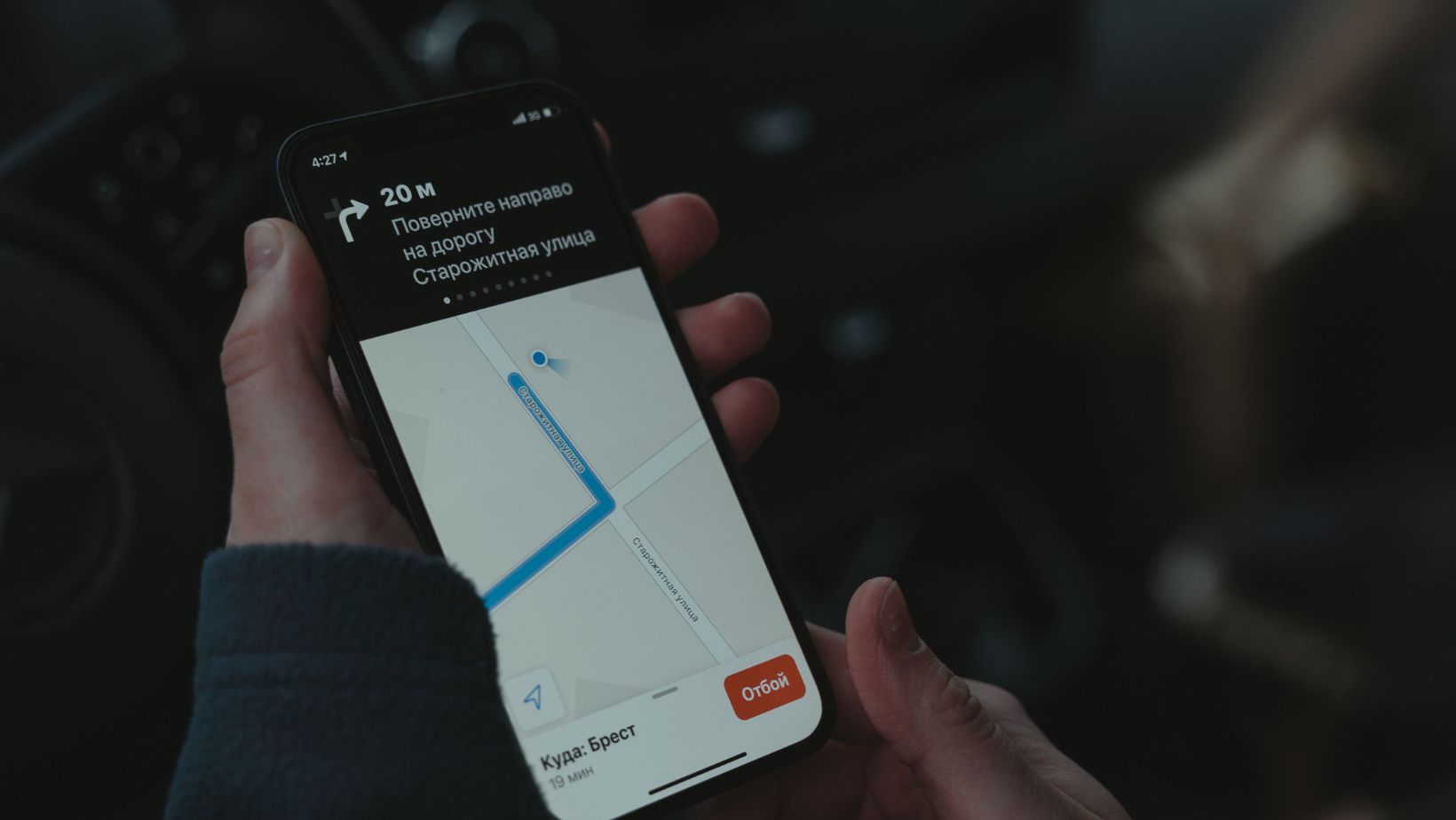Children tend to wander, and it can be hard for parents to know their exact location. Rather than providing kids with smartphones too early, GPS trackers are an excellent alternative that can provide peace of mind while still encouraging independence.
Clear rules and guidelines for tracking are essential. Open communication, trust-building, and regularly analyzing the rules are critical in ensuring compliance.
1. Know Where They Are
As parents, we have an endless list of things to worry about. And one of the top worries is our children’s safety. With Trackers for kids in USA, you can rest assured that they are where they say they are and that you can keep an eye on them.
Young kids can be prone to wandering off when they see something interesting, or they might get distracted in a store. With GPS tracking, you can always know where they are and be notified if they leave a trusted place (like school or their friend’s house).
In case of an emergency, knowing your child’s location is invaluable. It allows you to respond quickly and get them the help they need. This is especially true if they’re injured or in danger. By establishing open communication and explaining that GPS tracking isn’t about surveillance, you can help your child understand its importance and use it responsibly. This will help establish mutual respect and a balance of independence and accountability in the family.
2. Know What They Are Doing
In today’s world, many parents feel they cannot allow their children to go off the grid because of concerns about kidnapping, bullying, or other dangerous situations. This is a valid concern, but fear can invite avoidance, which is why it’s important to balance monitoring with other parenting tools.

For instance, GPS tracking can be combined with phone number tracking to give you a clear picture of who your child is communicating with and what their online habits are. This can help you address potential dangers early on.
Additionally, GPS tracking can make parents more confident in allowing their kids to drive on their own because they can monitor driving patterns in real time. Again, it’s crucial to talk openly about this with your children and explain that this is not about being a helicopter parent or spying on them. It’s about having their back, giving them confidence to take risks, and promoting safe driving habits.
3. Educate Your Child
While GPS tracking devices are essential for enhancing child safety, they shouldn’t replace parents’ responsibility to monitor and encourage their children’s behavior. Regularly discuss potential dangers, basic safety rules, and household guidelines with your children. Talk to them about the tricks predators use, what safe versus unsafe behaviors look like, and how to get in touch with them if they feel uncomfortable or endangered online.

Encourage them to be cautious about the information they share online, and remind them that even seemingly harmless comments or interactions can turn harmful when shared publicly. Also, help them learn to trust their instincts and come to you if they encounter negative or inappropriate content online.
Teach your children that freedom and responsibility are two sides of the same coin, and they’ll find the balance to navigate their interconnected world responsibly as adults. Be transparent with them about the benefits of GPS tracking, and get their buy-in by demonstrating how it can benefit them.





















